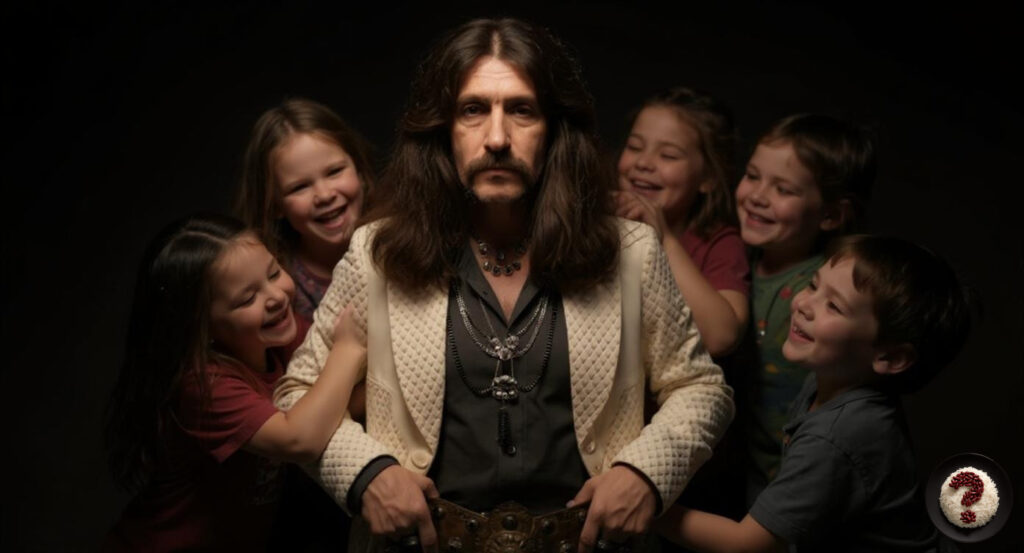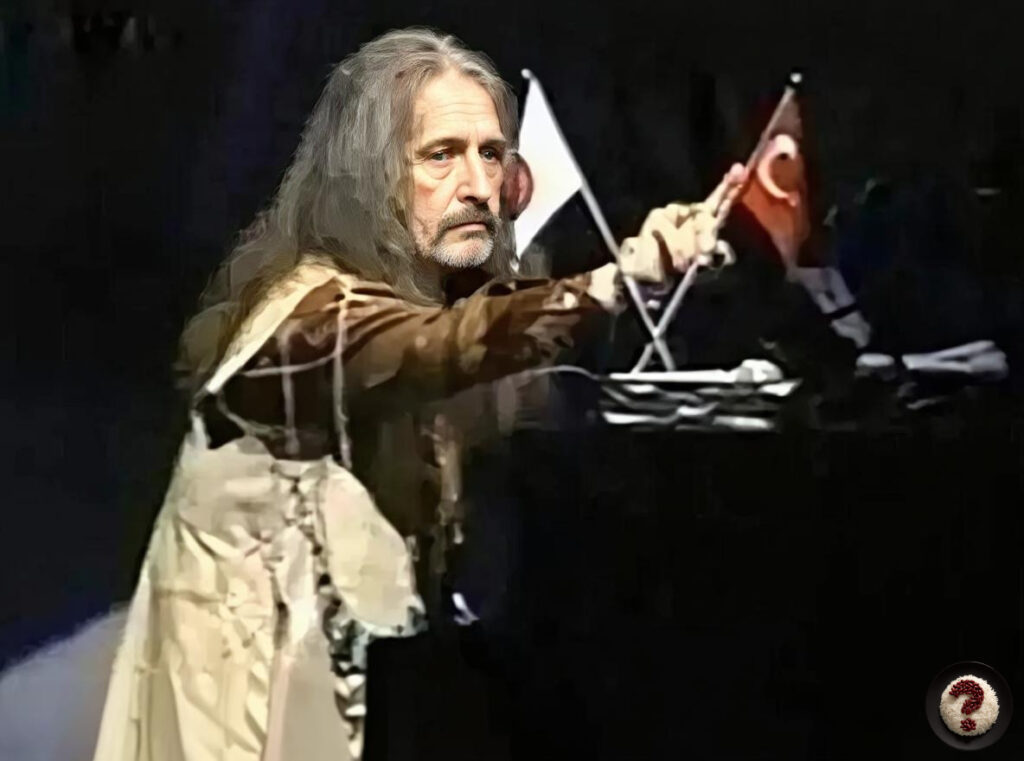
Barış Manço: Not Just ‘From 7 to 77’ but The Man Who Went From Heart to Heart
Some individuals leave their mark not just with their songs, but with their lifestyle, demeanor, and the impression they leave behind—affecting not just one era, but all time. Barış Manço is precisely one of those figures. It would be a great disservice to define him merely as a musician; he was a cultural ambassador, a folk poet, a television phenomenon, and above all, “Barış Abi” (Big Brother Barış).
Even his name was a message in itself: he was named as one of the first children to carry the hope of peace after the war. And this name became so ingrained in his soul that he always spoke of peace throughout his life, both in his music and his stance.
Music began circulating in Barış Manço’s veins from his childhood. When this little boy, who sang from the age of two, took his first musical step by founding “Barış Manço ve Kafadarları” (Barış Manço and His Buddies) at Galatasaray High School, no one knew he would become the pioneer of Anatolian Rock. But he created a new musical language by blending Western rock melodies with tunes born from the heart of Anatolia. He captured not only the youth but people of all ages because his music was infused with universal sincerity.
The 1960s turned into an exploration route for Barış Manço’s musical journey, stretching from Europe to Anatolia. His stage experience began with the band “Les Mistigris” in Belgium and continued in Turkey with “Kaygısızlar” and “Moğollar.” However, his greatest step was taken in 1972 with the founding of “Kurtalan Ekspres.” Manço, reinterpreting folk songs with his guitar, became the voice of a generation with unforgettable works like “Dağlar Dağlar,” “Kol Düğmeleri,” and “Gülpembe.” His music, embracing both Anatolia and the world, transcended boundaries.
His style was as striking as his music. With his long hair, colorful jackets, necklaces, and bracelets, he was practically an inter-time traveler. On stage, he was energetic like a rock star but wise like a folk poet. Those who watched him didn’t just listen to music; they became part of a story. Even his moustaches became a legend, iconic enough to be the subject of popular jokes.
When he stepped onto television screens in 1988, we met a completely different Barış Manço. His program “7’den 77’ye” (From 7 to 77), which started on TRT, became a Sunday morning feast established in the heart of Turkey. While affectionately embracing the little ones in the “Adam Olacak Çocuk” (The Child Who Will Be a Man) segment, he took the adults down memory lane. For 10 years and 378 episodes, it was not just a program but a bridge between generations. During this time, he traveled to more than 150 countries, connecting the Turkish people with different cultures.
His lyrics were as meaningful as his melodies. The verses he wrote, inspired by figures like Karacaoğlan and Yunus Emre, reflected the soul of the Turkish people. He was the bard of modern times; he told tales written with a guitar. In his songs starting with “Barış says…,” he spoke of the transience of life, the greatness of love, and the depth of being human. For him, songs were not just entertainment; they were advice, emotion, and philosophy.

Barış Manço’s fame was not limited to Turkey. Thousands attended his concert tours in Japan, waving Turkish flags, and the Japanese associated his name with Turkey. It can even be said that the perception of “Turkish = Barış Manço” still exists in Japan. This cultural bridge is a clear indicator of how universal a figure he was.
When he passed away in 1999, he left behind a massive legacy: over 30 records, hundreds of compositions, and countless awards. His house in Moda is now a museum and is visited by thousands every year. Even though he is no longer with us physically, he remains with us through the song playing on the radio every morning and the program remembered every Sunday morning. Barış Manço’s story is not just one left in the past; it is a journey that inspires the future. And we continue to hear that warm smile in his melodies: “Peace is within us.”
Barış Manço: Not just From 7 to 77, but The Man Who Went from Heart to Heart.
